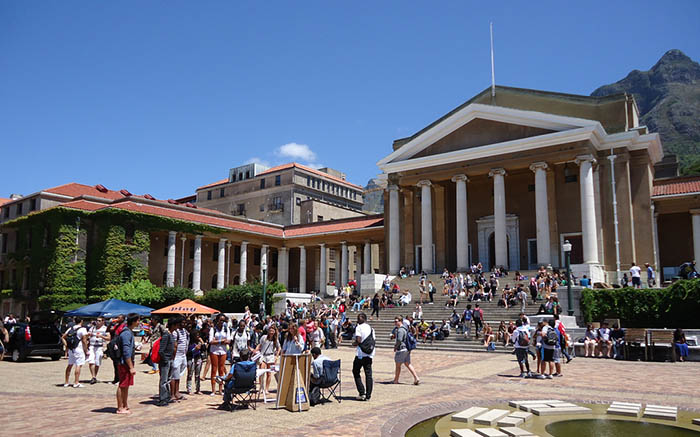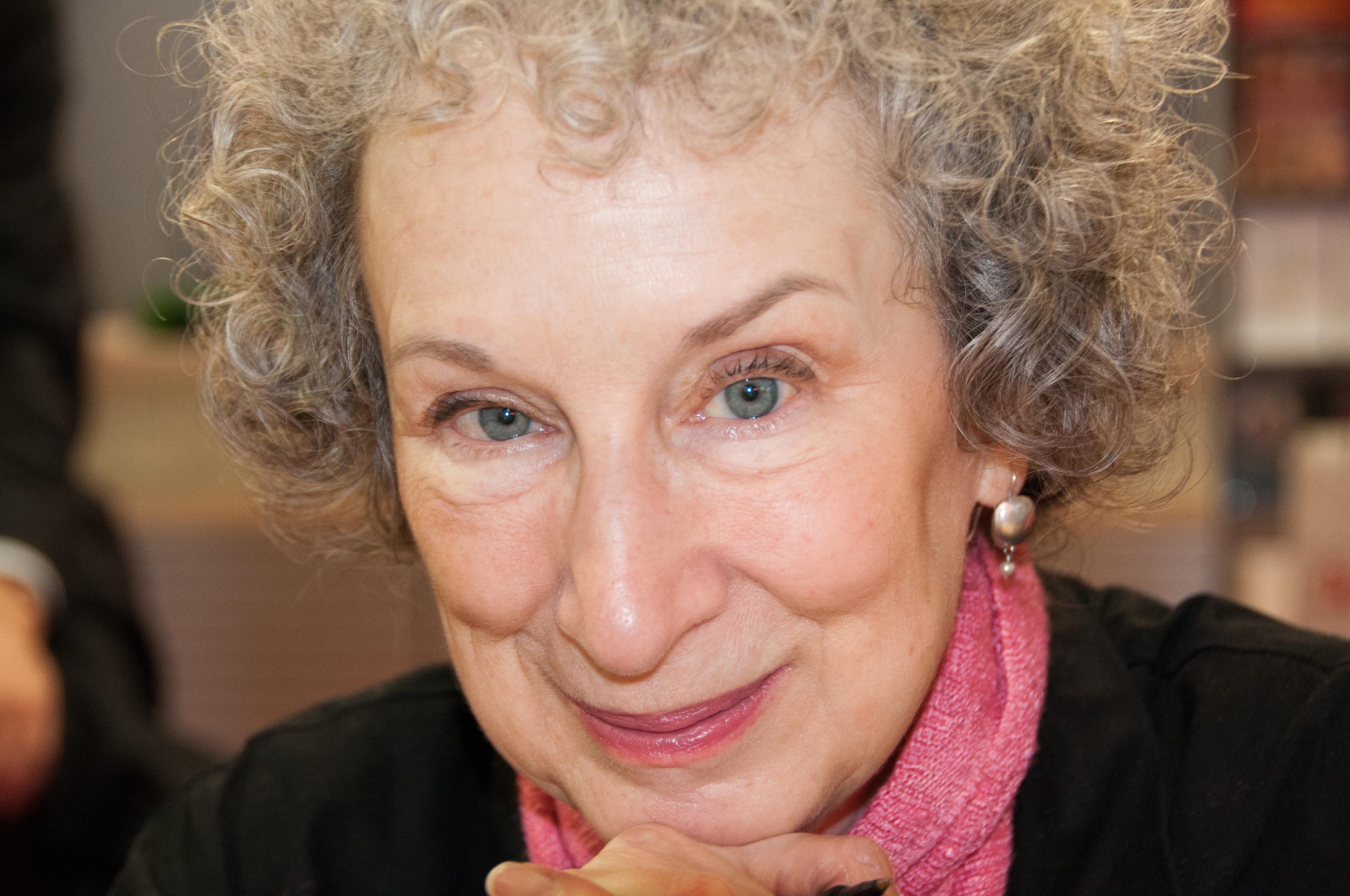Index on Censorship is appalled by the decision by the University of Cape Town to rescind an invitation to Danish editor Flemming Rose to deliver the annual TB Davie lecture on academic freedom – especially at a time when academic freedom is under threat around the world – and considering recent events in Turkey.
Rose, the editor responsible for publishing controversial cartoons of the Prophet Mohammed in the Danish newspaper Jyllands-Posten in 2005, was invited last year to give the August 2016 lecture, which UCT describes as a “flagship lecture to promote academic freedom and freedom of speech” and which is organised by the university’s academic freedom committee.
However, in a letter sent by UCT Vice-Chancellor Max Price on 12 July, Price tells the committee that the university executive had decided “it would be extremely unwise to proceed with the address.”
What follows in the letter is an attempt by Price to justify a decision that makes a mockery of the university’s supposed defence of free speech and academic freedom.
Price – who signed an Index on Censorship letter defending academic freedom last year – begins by pointing out that no freedoms are unlimited, and highlights the limitations on free speech imposed by the South African constitution in which the right to free speech does not extend to propaganda for war, incitement of violence or advocacy of hatred. The implication of this reference is that Rose’s speech might amount in some way to one of these three. This is a dangerous and damaging route for an academic institution to take.
The letter then goes on to say that Rose’s appearance might provoke conflict on campus, pose security risks and might “retard rather than advance academic freedom on campus.” Although the letter acknowledges that the university considered holding the event as a debate with some representatives of the Muslim community – and acknowledges these representatives had been open to the idea – the letter goes on to say: “However, Mr Rose is seen by many as persona non grata and while most would protest peacefully against him, we believe there is a real danger that among those offended by the cartoons, an element may resort to violence.”
The academic freedom committee responded to Price, saying in a statement: “Academic freedom is severely compromised when security and other pragmatic considerations preclude inviting speakers who – while controversial – in no way violate our Constitutional limitations on free speech… We regret the Executive’s decision and what it reveals about the limited scope of academic freedom at UCT. Ours should be a campus on which people are free to express and contest ideas, even unpopular ones.”
The decision taken by the administration of UCT is a clear example of a type of “assassin’s veto” in which those who argue they are offended by the speech of others can use the threat of violence to silence those with whom they disagree.
Jodie Ginsberg, Index on Censorship chief executive said: “This a huge blow to free expression and academic freedom and UCT’s attempts to dress this up as otherwise are to be condemned in the strongest terms.”
Also read:
Flemming Rose responds to the University of Cape Town
Dr Max Price, Vice-Chancellor of UCT, letter to the academic freedom committee
UCT Academic freedom committee response to Dr. Max Price
UCT statement: Withdrawal of invitation to speaker of TB Davie Academic Freedom Lecture






